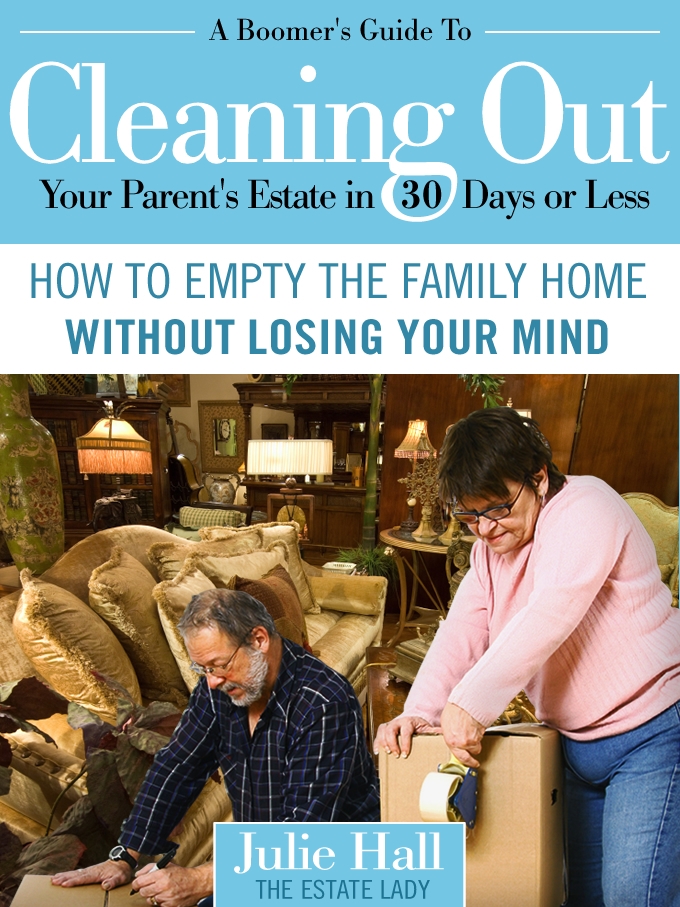Thanks to another reader for this excellent question.
Q: My mother refuses to have a Last Will and Testament drawn up. She doesn’t want to hear about the ramifications that would be present if she died without a will. It hurts me to think she will not take care of this matter. How can I get her to listen?
A: You are certainly not alone in your concerns for your mother. For each of us, facing our own mortality can never be a pleasant thing. Yet preparing a will and other legal documents is perhaps one of the greatest gifts we can give our loved ones. When you prepare a will, you assure that things are done according to your wishes when you pass away.
I recommend that you contact an attorney or paralegal. While I am not one, I can share with you many situations where I am brought into an estate where the individual died intestate (without a will). What a complete nightmare! I wouldn’t wish that horrible mess on anyone, let alone my loved ones.
The attorneys/state get deeply involved, creditors hassle the family, family members are in a constant state of unrest, and any money from the estate often goes right out the door, instead of going to loved ones. It is grueling and time consuming, not to mention distressing and miserable! When you don’t have a will, you doom your heirs to potentially years spent closing your estate. Why would you knowingly do that?
We go to great lengths to preserve our heirlooms and other personal property. Since we can’t take them with us when we pass away, doesn’t it make sense to make preparations for all that you worked hard for in your lifetime, and protect that with a will or trust and other legal paperwork? It makes sense to me!
© 2010 Julie Hall



